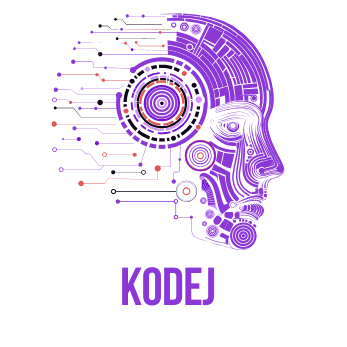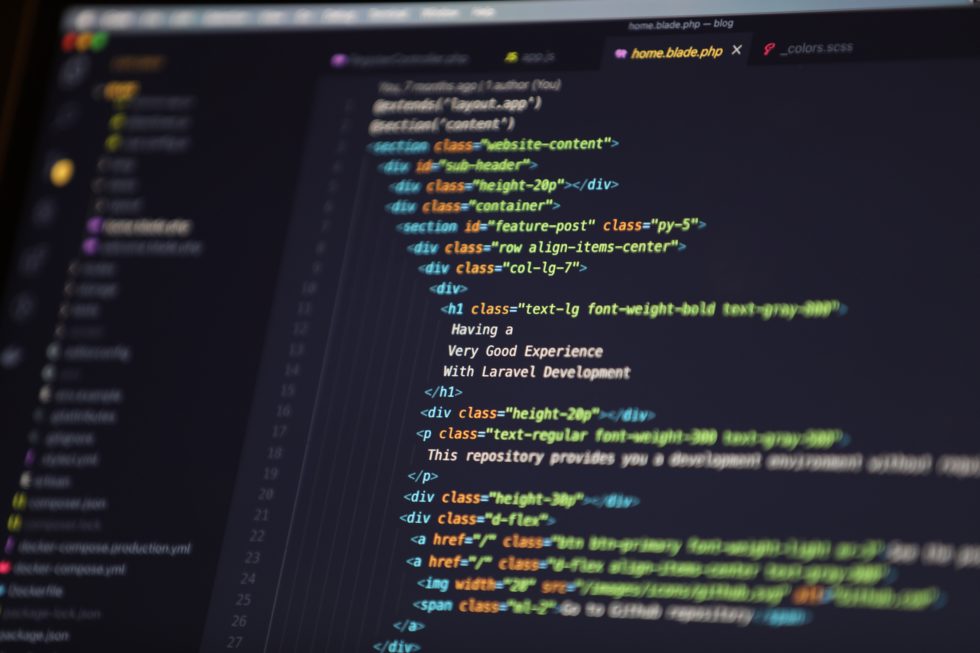Laravel is a powerful and elegant PHP web application framework that has been gaining immense popularity among developers in recent years. It provides a modern and expressive syntax that allows developers to build high-quality, scalable, and maintainable web applications quickly and efficiently.
Laravel was first introduced in 2011 by Taylor Otwell, and since then, it has become one of the most popular PHP frameworks. The popularity of Laravel can be attributed to its simplicity, flexibility, and robustness. It is built on top of several powerful libraries, such as Symfony, Illuminate, and many others, which make it easier for developers to build complex web applications.
One of the main reasons why Laravel has become so popular is because it provides an elegant and intuitive syntax that allows developers to write code that is easy to read and understand. Laravel follows the Model-View-Controller (MVC) architectural pattern, which separates the application logic into three distinct layers: the model, the view, and the controller.
The model represents the application’s data and business logic, the view represents the user interface, and the controller acts as an intermediary between the model and the view. This separation of concerns makes it easier for developers to maintain and modify the application’s codebase.
Laravel also provides several built-in features that make it easier for developers to build complex web applications. For instance, it comes with a robust routing system that allows developers to define the application’s URL structure and map those URLs to specific actions within the application.
Laravel also comes with a powerful template engine called Blade, which allows developers to create reusable templates for their application’s views. Blade provides several features such as template inheritance, section inheritance, and template inclusion, which makes it easier for developers to organize their code and reuse it across multiple views.
Another powerful feature of Laravel is its Eloquent ORM, which provides an intuitive and expressive syntax for interacting with databases. Eloquent allows developers to define database models as PHP classes, which makes it easier for them to perform CRUD (Create, Read, Update, and Delete) operations on the database.
Laravel also provides robust security features, such as built-in CSRF protection, secure password hashing, and encryption. It also has a built-in authentication system that allows developers to quickly add user authentication to their web applications.
Laravel is a powerful and elegant PHP web application framework that has gained immense popularity among developers. Its simplicity, flexibility, and robustness make it easier for developers to build high-quality, scalable, and maintainable web applications quickly and efficiently. If you’re looking for a powerful PHP framework that can help you build modern web applications, then Laravel is definitely worth checking out.


